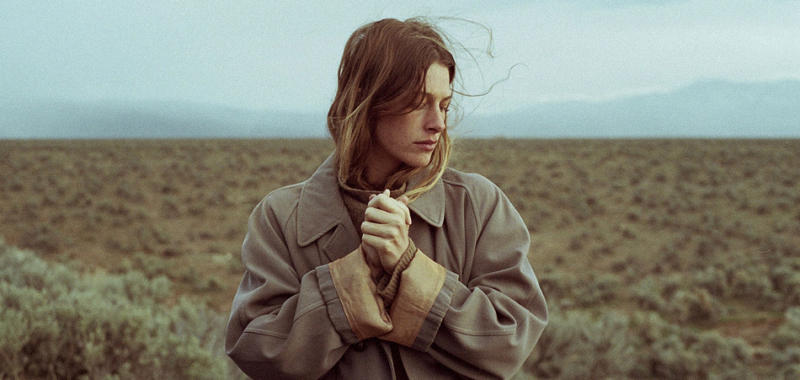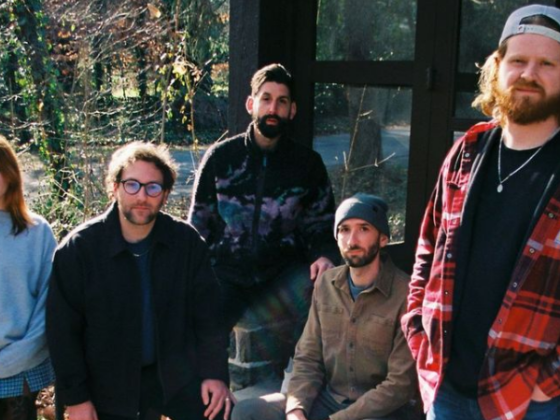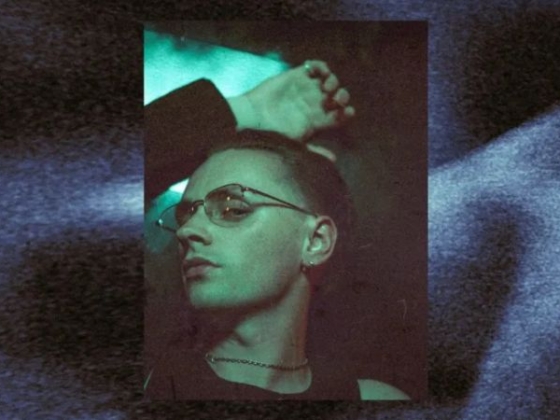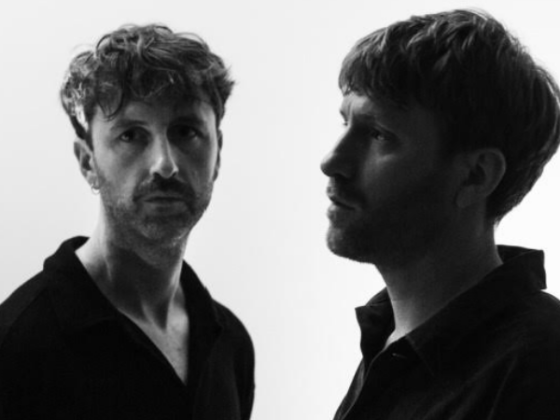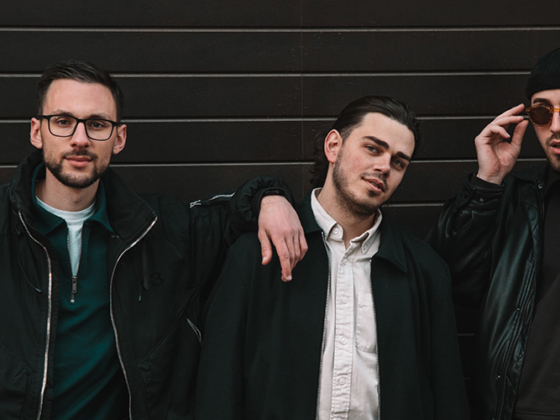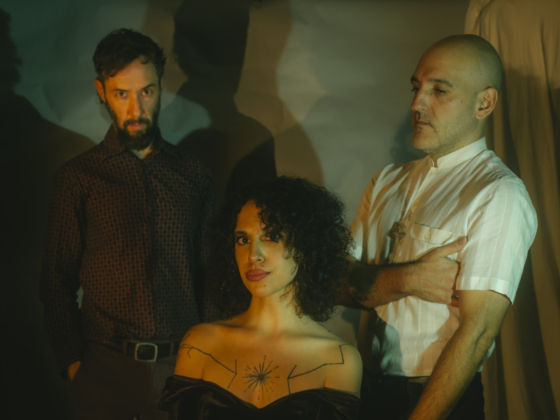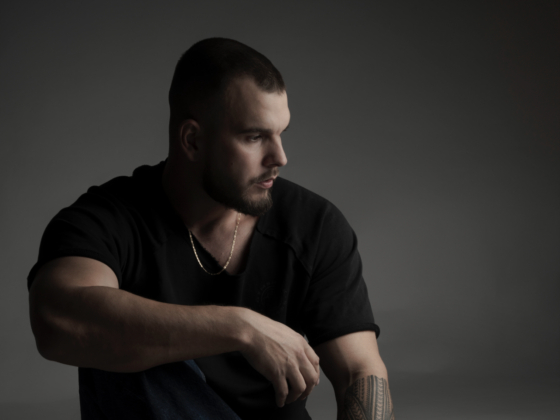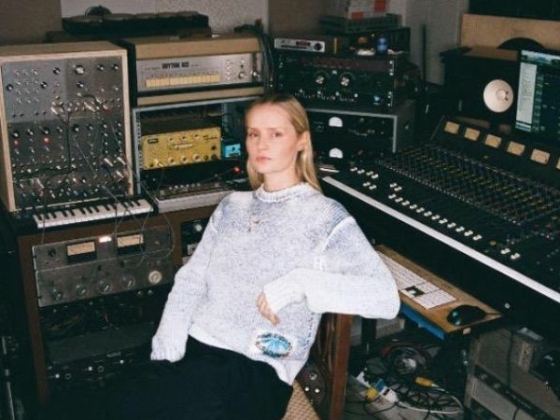There is something visceral about a confession, the way it starts in the pit of your stomach and forces its way up to your throat, filling it with the words you've kept pushed down for so long, before finally throwing it up in an unstoppable verbal stream. Confessions, however, are not always admissions of guilt. Oftentimes, they're simply a means to come to terms with a memory, a thought, or even an old wound. For Australia's rising songwriter, Indigo Sparke, they are anchors for her experiences of addiction, of healing, of queerness, of heartbreak, of joy, and of connection, laid out in nine spectacular tracks on her debut album, echo.
Co-produced by Big Thief's Adrianne Lenker and Andrew Sarlo, echo was largely written in 2019, before the pandemic forced us to dissect the many complexities of sorrow and anxiety we never even knew existed. A fact that is important to note when considering the album, as its own complexities cast a large shadow on any emotional burials we've had to dig up in the past year. "Indigo's writing and voice are ethereal and angelic and guide me through internal canyons and plains," Lenker shared in a statement. "I'm deeply grateful to have been part of this and to have gotten to play and sing alongside Indigo, and to have been able to eternalize a very special space and time with her, which I will always cherish."
Strung together in a tight-woven pattern, folding over the next track like a delicate whipped meringue, each acoustic composition on echo simply melts into the next. There is no crescendo, no fall before the rise, just a medley of philosophized stories—"Standing on the freeway with her lonely cigarette /holding out my mirror with a picture that she made" ("undone")—that inevitably turn inward: "The desert’s got my psyche /these bruises on my arms / God I feel like hell today." Sparke doesn't shy away from large spaces, filling them up instead with her hushed tones, controlled oo-oohs and spiritual words. There are recurring themes of the universe and the cosmos, multiple mentions of heaven and hell in tracks like "carnival," "wolf," and "everything everything," but rather than feel repentant or even lost, it simply feels like a desire to stretch her heartbreak past the confines of the world she has experienced. The struggle, the shame, the pining that lives within echo's lyrics, they are larger than life, the main characters in a story that only she knows. But the confessions of those emotions need some padding, a reassurance that they are big because they deserve to be, because she experienced them—because their tendrils are not just in her mind, they reach up past the sky, below the ground, and live within the very fabric of the universe itself.
There is a universality to Sparke's writing, despite some of the more focused details. Her softly elongated "so I'll wait / yes, I'll wait" on "colourblind" echoes sentiments of despair and futile hope in the most bare and honest way possible, cutting through the layers of grief and acceptance, no matter how deep they are, and once again re-opening old wounds you may have had, in the haze of memories of lost lovers and broken paths. Yet, she doesn't sear the pain. She simply opens it up to see, to analyze and note, and by the end of it all, to put it back away, knowing it's there should you ever need to revisit it, but also recognizing that it is no longer in control.
echo may be an album steeped in hollow memories with a higher pain threshold than most, but it still remains to be an ode to love, to hope, and to everything that makes us human.

